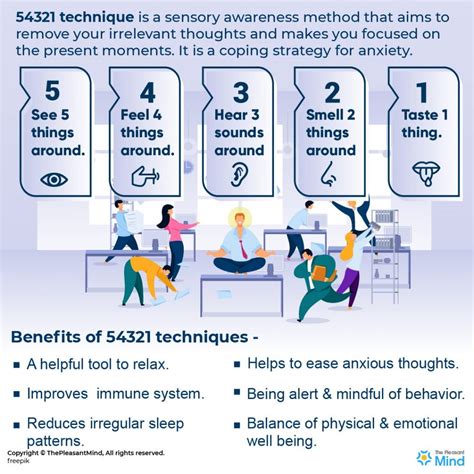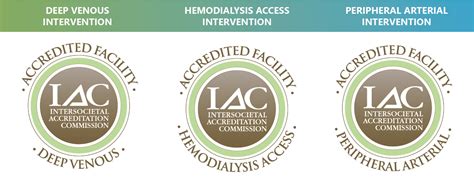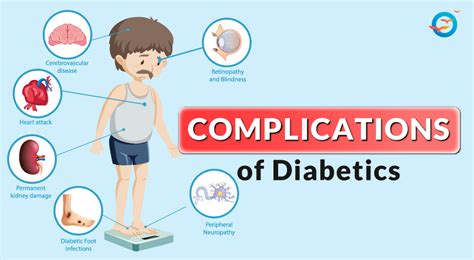Intro
Alcohol intoxication is a serious medical condition that requires immediate attention. It occurs when an individual consumes a large amount of alcohol in a short period, causing their blood alcohol concentration (BAC) to rise rapidly. This can lead to a range of symptoms, from mild impairment to life-threatening complications. As a result, it is essential to understand the medical procedures involved in treating alcohol intoxication.
The importance of prompt medical attention cannot be overstated, as alcohol intoxication can lead to severe health consequences, including respiratory depression, cardiac arrest, and even death. Furthermore, the risk of accidents, injuries, and violent behavior increases significantly when an individual is intoxicated. Therefore, it is crucial to recognize the signs and symptoms of alcohol intoxication and seek medical help immediately.
Alcohol intoxication can affect anyone, regardless of age, gender, or background. It is a widespread problem that affects millions of people worldwide, and its consequences can be devastating. The medical community has developed various procedures to treat alcohol intoxication, ranging from supportive care to more invasive interventions. Understanding these procedures can help individuals and healthcare professionals respond effectively to alcohol intoxication cases.
Diagnosis and Assessment

The healthcare professional will also conduct a physical examination, checking for signs of intoxication such as slurred speech, impaired coordination, and altered mental status. They will also assess the individual's vital signs, including heart rate, blood pressure, and respiratory rate. Additionally, they may use standardized assessment tools, such as the Glasgow Coma Scale, to evaluate the individual's level of consciousness.
Physical Examination
A thorough physical examination is essential in diagnosing alcohol intoxication. The healthcare professional will check for signs of trauma, such as head injuries or broken bones, and assess the individual's overall physical condition. They will also examine the individual's eyes, looking for signs of pupil dilation or constriction, and check their reflexes and motor function.Treatment and Management

Supportive care typically involves administering oxygen, fluids, and vitamins to help the individual recover from the effects of alcohol. In some cases, medications such as benzodiazepines may be used to manage withdrawal symptoms or prevent seizures. The healthcare professional will also closely monitor the individual's vital signs and provide regular updates to family members or caregivers.
Medications and Interventions
In severe cases of alcohol intoxication, medications and interventions may be necessary to manage complications and prevent long-term damage. For example, activated charcoal may be administered to help absorb the alcohol and reduce its absorption into the bloodstream. In cases of respiratory depression, mechanical ventilation may be required to support the individual's breathing.Prevention and Education

Public health campaigns and community-based initiatives can also help raise awareness about the dangers of alcohol intoxication and promote healthy behaviors. Additionally, healthcare professionals can work with individuals to develop personalized plans for reducing their alcohol consumption and preventing relapse.
Community-Based Initiatives
Community-based initiatives can be highly effective in reducing the incidence of alcohol intoxication. These initiatives may include educational programs, support groups, and counseling services. They can also provide resources and referrals for individuals who are struggling with alcohol addiction.Complications and Long-Term Effects

The long-term effects of alcohol intoxication can be devastating, including liver disease, pancreatitis, and certain types of cancer. Additionally, repeated episodes of alcohol intoxication can lead to addiction, social problems, and financial difficulties.
Respiratory Depression
Respiratory depression is a life-threatening complication of alcohol intoxication. It occurs when the individual's breathing rate slows down, leading to inadequate oxygenation of the brain and other vital organs. This can cause irreversible brain damage, coma, or even death.Conclusion and Final Thoughts

As we reflect on the importance of addressing alcohol intoxication, it is essential to recognize the need for prevention and education. By working together, we can reduce the incidence of alcohol intoxication and promote healthy behaviors. If you or someone you know is struggling with alcohol addiction, it is crucial to seek help and support.
What are the signs and symptoms of alcohol intoxication?
+The signs and symptoms of alcohol intoxication include slurred speech, impaired coordination, altered mental status, and changes in vital signs such as heart rate and blood pressure.
How is alcohol intoxication diagnosed?
+Alcohol intoxication is diagnosed using a combination of physical examination, laboratory tests, and standardized assessment tools such as the Glasgow Coma Scale.
What are the complications of alcohol intoxication?
+The complications of alcohol intoxication include respiratory depression, cardiac arrest, brain damage, and long-term effects such as liver disease, pancreatitis, and certain types of cancer.
How can alcohol intoxication be prevented?
+Alcohol intoxication can be prevented by drinking in moderation, following recommended daily limits, and avoiding excessive alcohol consumption.
Where can I find help and support for alcohol addiction?
+Help and support for alcohol addiction can be found through healthcare professionals, support groups, counseling services, and community-based initiatives.
We invite you to share your thoughts and experiences on this topic. If you have any questions or concerns, please do not hesitate to comment below. Your feedback is invaluable in helping us create informative and engaging content. Let us work together to promote healthy behaviors and reduce the incidence of alcohol intoxication.
